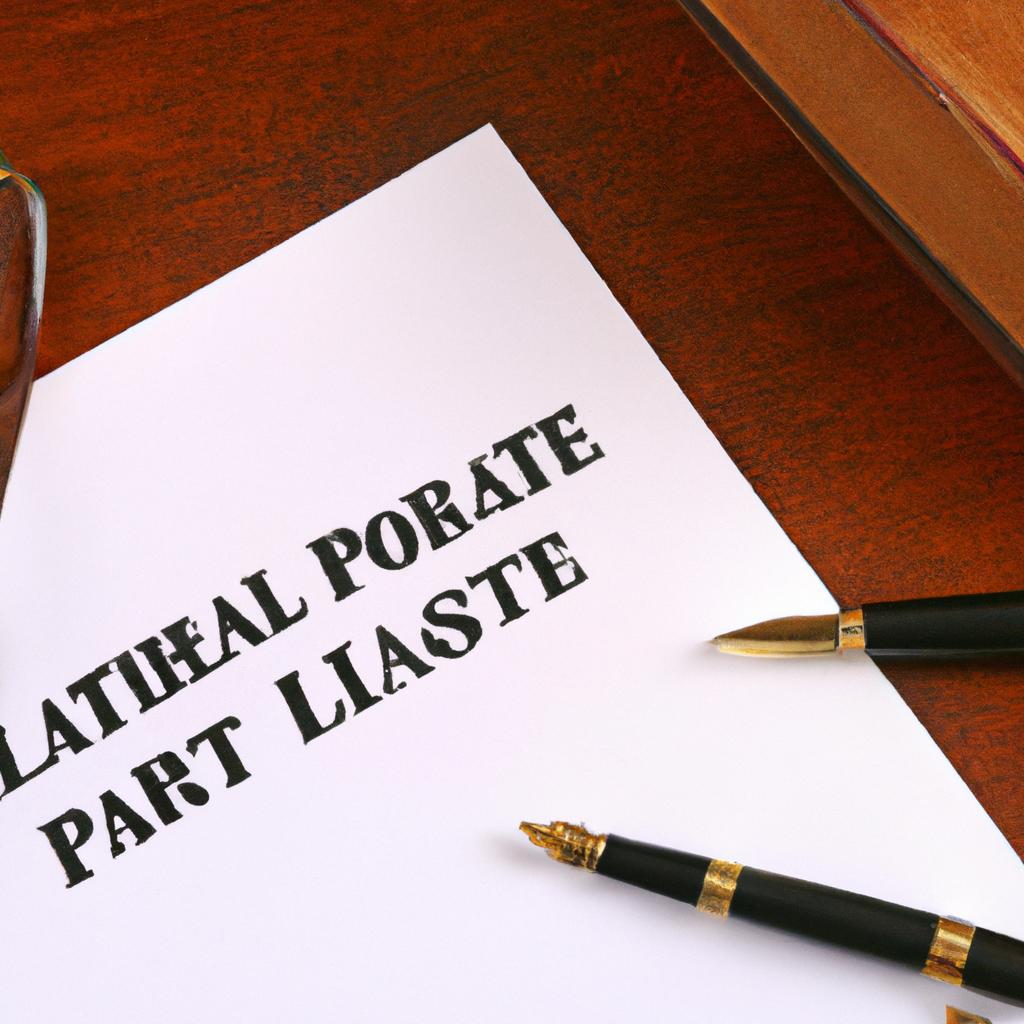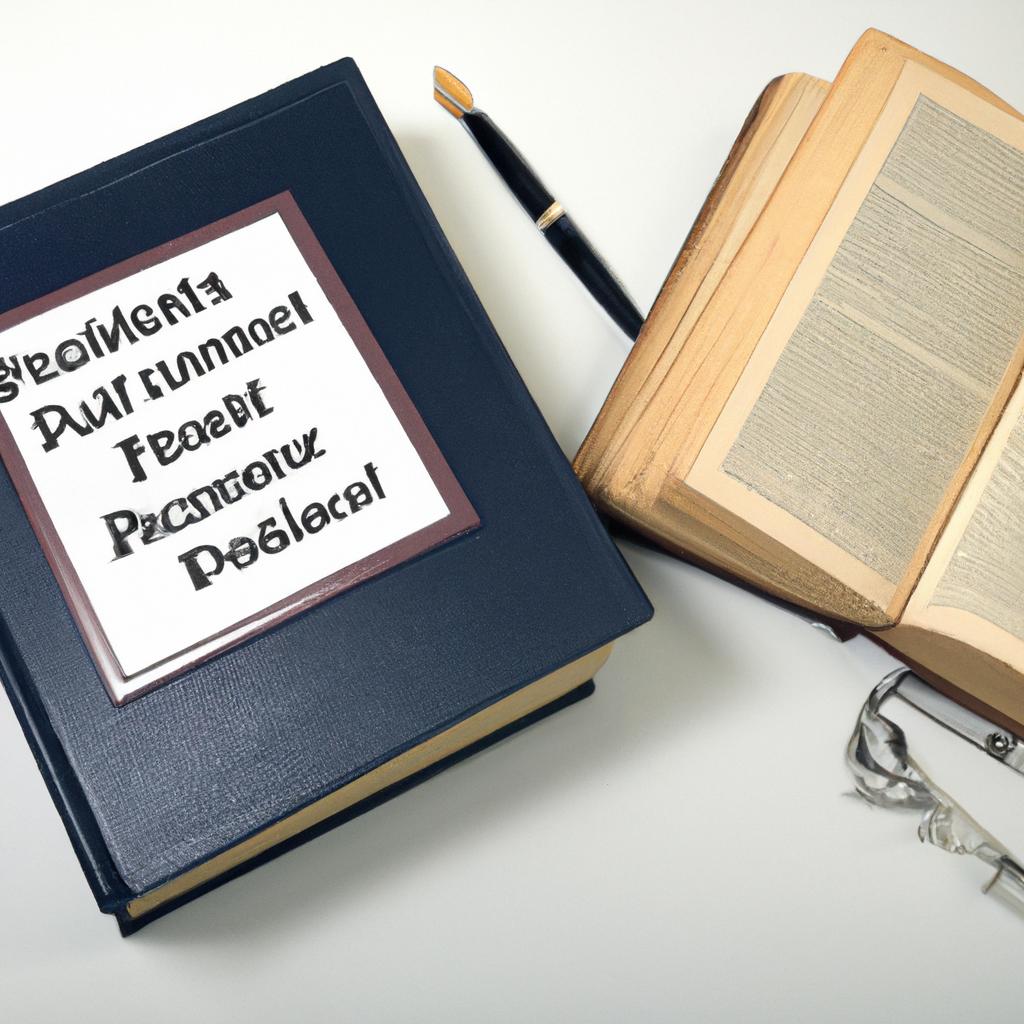In the intricate tapestry of life, one inevitability stands out starkly against the backdrop of existence: death. While none wish to confront this somber reality, it is crucial to prepare for the aftermath, especially when it concerns the passing of a parent. As seasoned legal professionals at Morgan Legal Group in New York City, we specialize in estate planning, probate, elder law, Wills, and trusts. To navigate the complex legalities and practicalities of such a poignant event, we have crafted a comprehensive parent death checklist to guide you through this challenging time with clarity and assurance.
Essential considerations for creating a parent death checklist
When creating a parent death checklist, it is essential to consider all aspects of the process to ensure a smooth and organized transition. One important consideration is gathering all necessary documents and information, including:
- Legal documents: such as the will, trust documents, powers of attorney, and any other legal paperwork related to the parent’s estate.
- Financial information: including bank account details, investment accounts, retirement accounts, and any debts or liabilities.
- Insurance policies: such as life insurance, health insurance, and property insurance policies.
- Medical records: to understand the parent’s medical history and any ongoing health conditions or treatments.
Additionally, it is crucial to make a list of contacts and service providers that may need to be notified upon the parent’s passing, such as:
- Family members and close friends: to inform them of the parent’s death and make necessary arrangements.
- Employers or business partners: to manage any work-related matters or partnerships that may be affected.
- Funeral homes and cemeteries: to make arrangements for the parent’s funeral and burial.
- Government agencies: to report the death and update any relevant benefit or tax information.

Navigating the legal intricacies of probate and estate planning
When a parent passes away, can be overwhelming. To help you through this difficult time, we have created a parent death checklist to guide you through the important steps that need to be taken:
- Obtain death certificates: It is important to obtain multiple copies of the death certificate as it will be needed for various legal proceedings.
- Locate the will: Search for the will in a safe place or with the deceased parent’s lawyer or financial advisor.
- Contact an attorney: Seek the guidance of an experienced attorney to assist you with the probate process and estate planning.
| Task | Status |
|---|---|
| Obtain death certificates | Not Started |
| Locate the will | In Progress |
| Contact an attorney | Completed |

Practical steps for managing a deceased parent’s assets
When a parent passes away, there are certain steps that need to be taken to manage their assets effectively. Here is a checklist to guide you through this challenging process:
- Obtain the death certificate: The first step is to obtain multiple copies of the death certificate, as this document will be needed to transfer ownership of assets.
- Locate important documents: Gather all relevant documents such as the will, insurance policies, bank statements, and property deeds.
- Notify financial institutions: Contact banks, insurance companies, and other financial institutions where your parent held assets to inform them of the death.
- Secure the deceased’s property: Make arrangements to secure any property owned by your parent to prevent theft or vandalism.
By following these practical steps and seeking the guidance of a probate attorney, you can ensure that your deceased parent’s assets are managed efficiently and in accordance with the law.

Ensuring a smooth transition through communication and organization
Parent Death Checklist
When a parent passes away, it can be a challenging and emotional time for the family. To ensure a smooth transition through communication and organization, it is crucial to have a checklist in place to guide you through the necessary steps. Below is a comprehensive checklist to help you navigate through the process:
- Notify family and friends: Inform loved ones about the passing of your parent and provide funeral details.
- Gather important documents: Collect documents such as the will, death certificate, insurance policies, and any other relevant paperwork.
- Make funeral arrangements: Arrange for the funeral service, burial, or cremation.
- Contact the executor: Notify the executor of the will, if applicable, to begin the probate process.
Important Contacts
| Contact | Phone Number |
|---|---|
| Hospital | (555) 123-4567 |
| Funeral Home | (555) 987-6543 |
| Attorney | (555) 234-5678 |
Q&A
Q: Why do I need a parent death checklist?
A: Planning for the death of a parent can be overwhelming, so having a checklist can help ensure that important tasks are taken care of in a timely manner.
Q: What should be included in a parent death checklist?
A: A parent death checklist should include tasks such as notifying family and friends, making funeral arrangements, locating important documents, and closing out accounts.
Q: When should I start preparing a parent death checklist?
A: It’s never too early to start preparing for the death of a parent. Having a checklist in place can provide peace of mind for both you and your loved ones.
Q: How can a parent death checklist benefit me?
A: A parent death checklist can help alleviate some of the stress and confusion that often accompanies the death of a loved one. By having a plan in place, you can focus on grieving and healing.
Q: Are there resources available to help me create a parent death checklist?
A: Yes, there are many resources available online that can help you create a parent death checklist tailored to your specific needs and circumstances. Additionally, consulting with an estate planning attorney can also provide valuable guidance.
The Way Forward
Losing a parent is a heartbreaking reality that many of us will face at some point in our lives. While there is no way to truly prepare for the emotional toll of such a loss, having a checklist of practical tasks to guide you through the process can help alleviate some of the stress during this difficult time. Remember to take care of yourself, lean on loved ones for support, and honor your parent’s memory in your own way. And above all, know that it’s okay to grieve in your own time and in your own way. Our thoughts are with you during this challenging journey.


